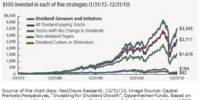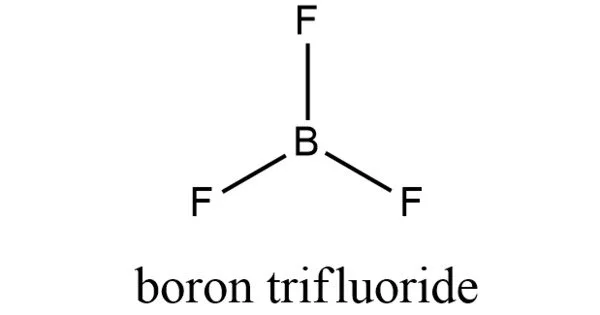The concept of Stock Repurchase
Repurchase of stock refers to the buyback by the firm of outstanding shares of its common stock in the market place. It is a program by which a company buys back its own shares from the marketplace, usually because management thinks the shares are undervalued, and thereby reducing the number of outstanding shares. There may be several motives for stock repurchases. is when a publicly-traded company uses its own cash to buy back shares of its own stock to get them out of the open market. Some of the motives may be to obtain shares to be used in acquisitions, to have shares available for employee stock option plans, to achieve the gain in the book value of equity when shares are selling below their book value, to retire outstanding shares and so on.
Repurchase of stock for the retirement of outstanding shares is considered to be similar to the payment of cash dividends. The company buys shares directly from the market or offers its shareholders the option of tendering their shares directly to the company at a fixed price. As an alternative to paying cash dividends, a firm may distribute its income by repurchasing its own stock.
Stock repurchase can substitute the cash dividend as a way to distribute funds to stockholders. When common stock is repurchased for retirement, the underlying motive is to distribute excess cash to the stockholders. Stock repurchase programs undertaken by any firm has been more popular these days. The basic advantage of stock repurchase for retirement is that they enhance shareholder value. For instance, a company may choose to repurchase shares to send a market signal that its stock price is likely to increase, to inflate financial metrics denominated by the number of shares outstanding (e.g., earnings per share or EPS) or to attempt to halt a declining stock price, to name a few.
In addition to maximizing shareholders’ wealth, stock repurchase may result into tax benefit for certain shareholders. The repurchase of stock substitutes dividends for capital gain which may be taxed at a lower rate or later rate (when stocks are sold). A share repurchase reduces the total assets of the business so that its return on assets, return on equity and other metrics improve when compared to not repurchasing shares.
Information Source:
















